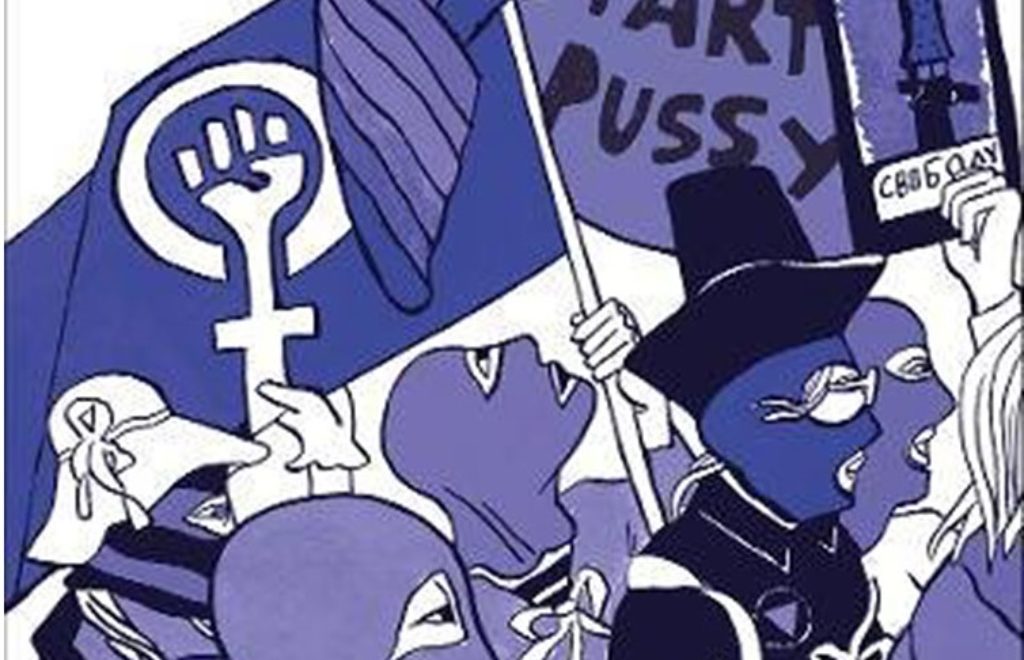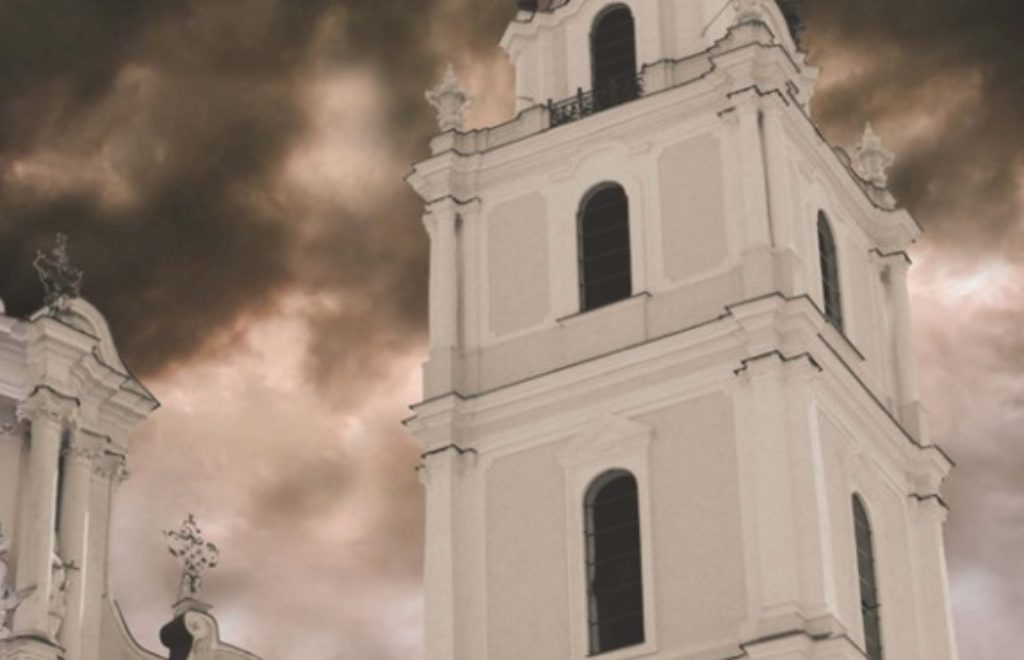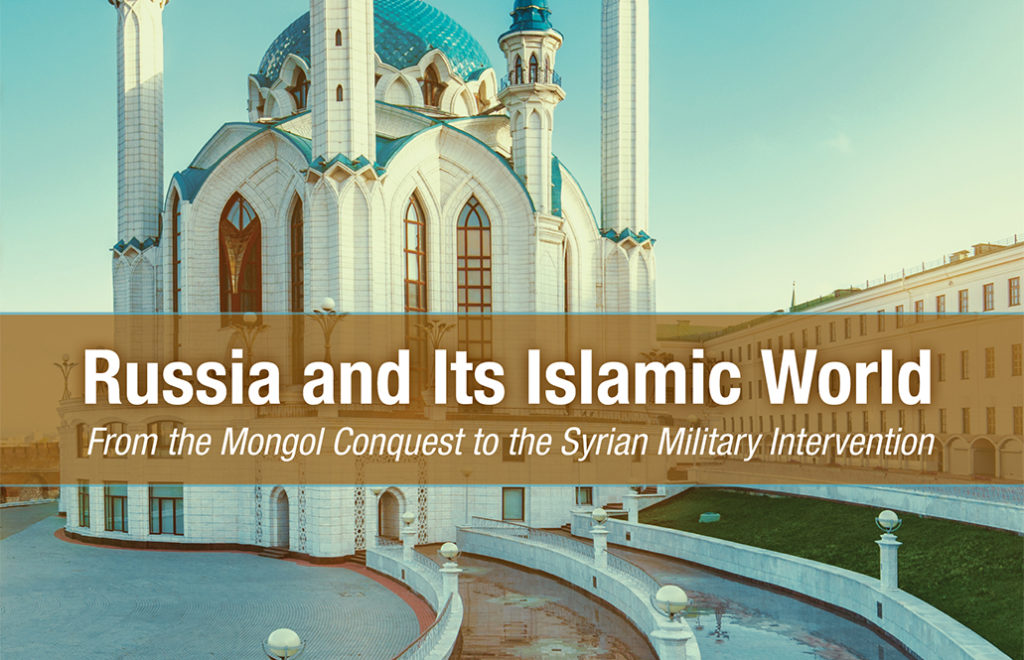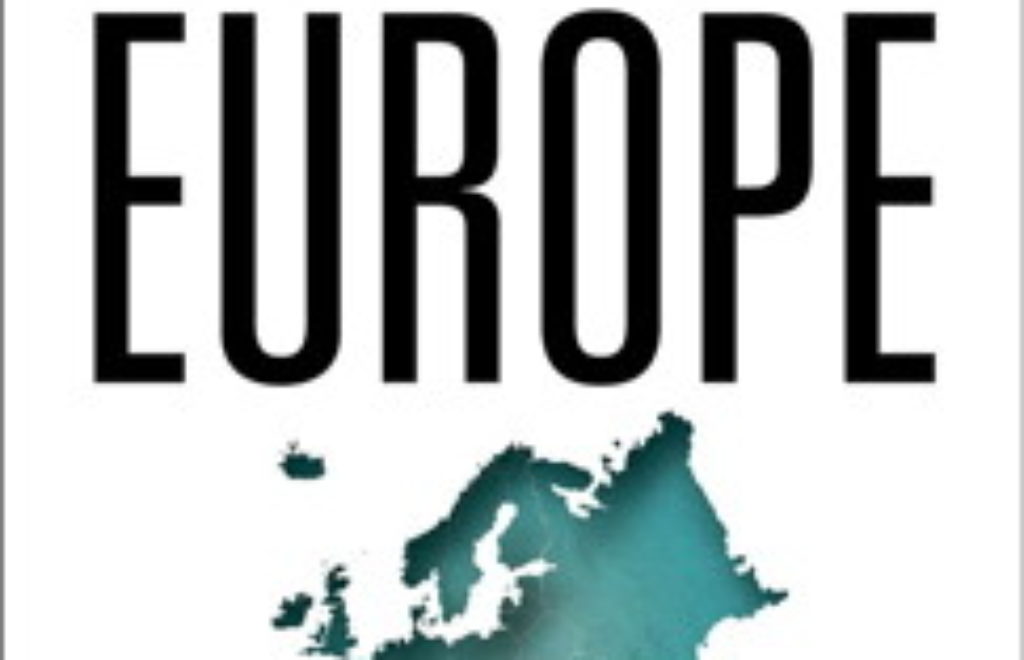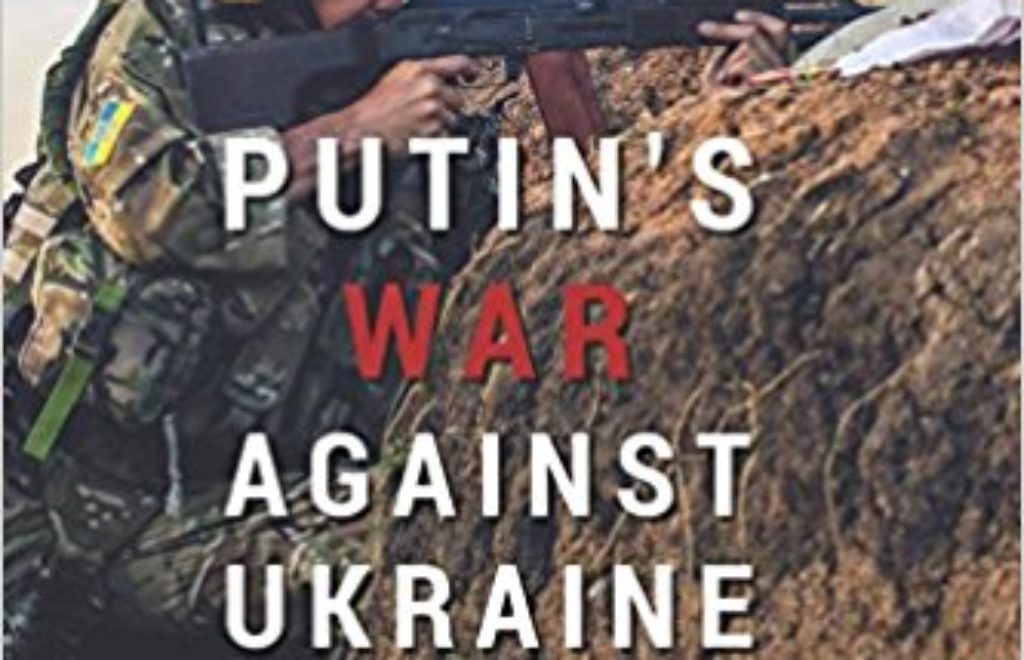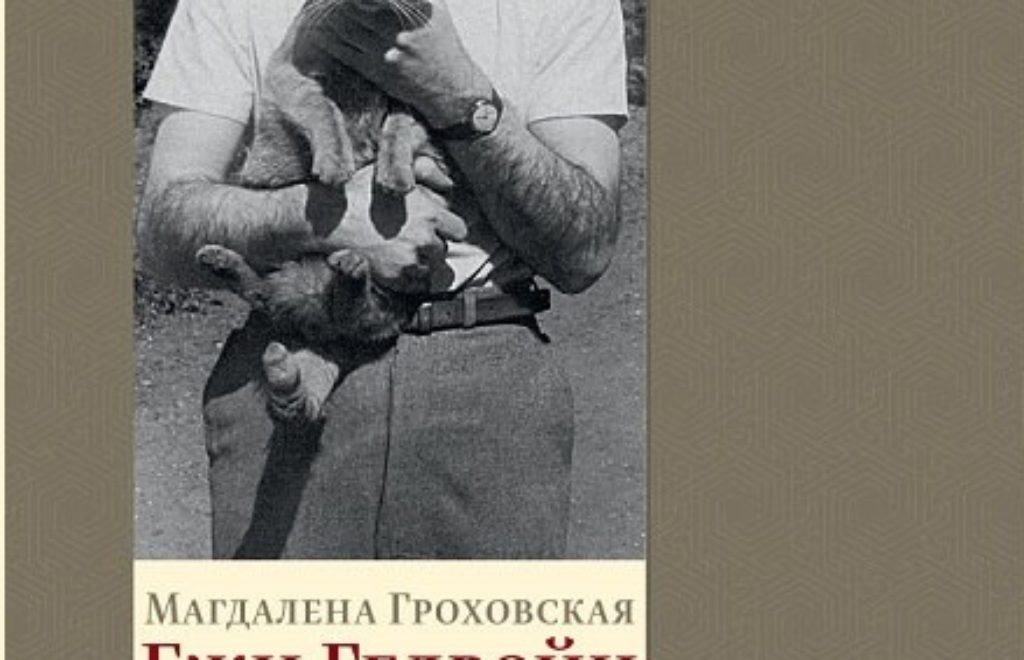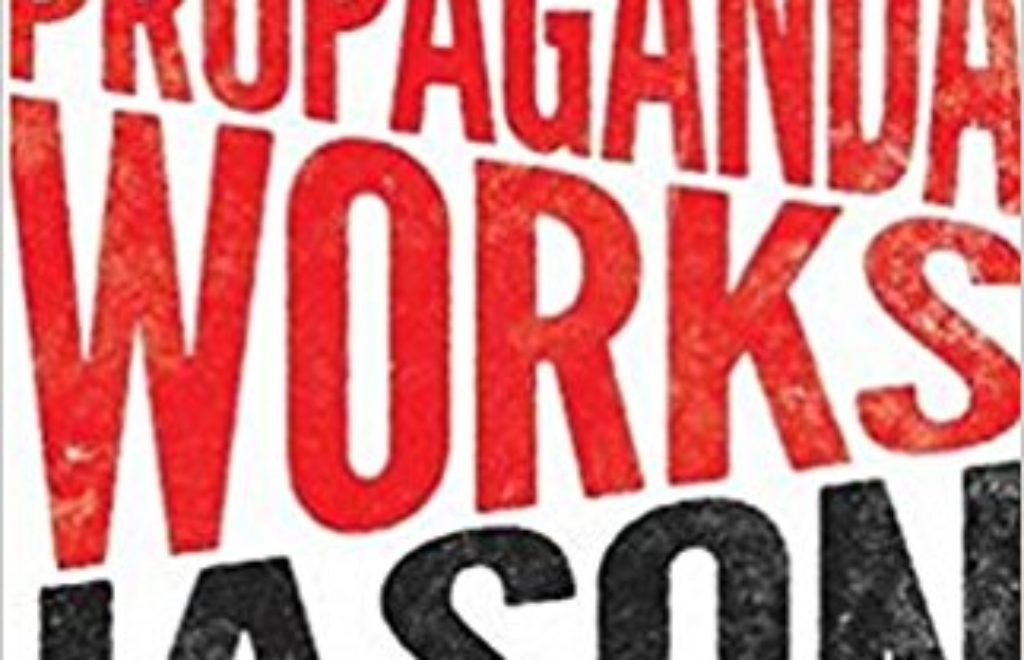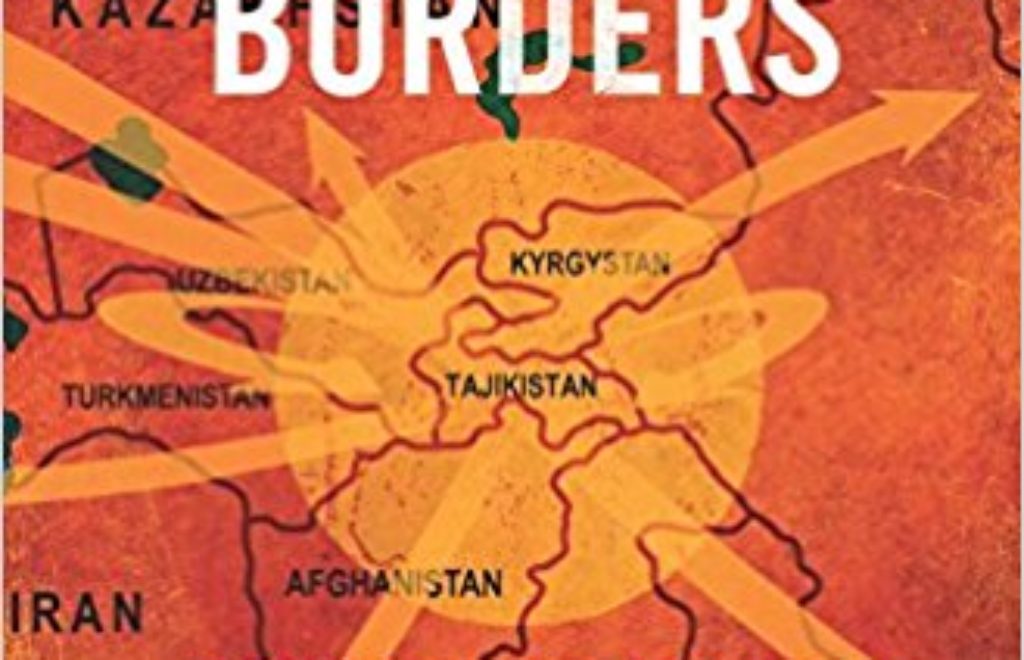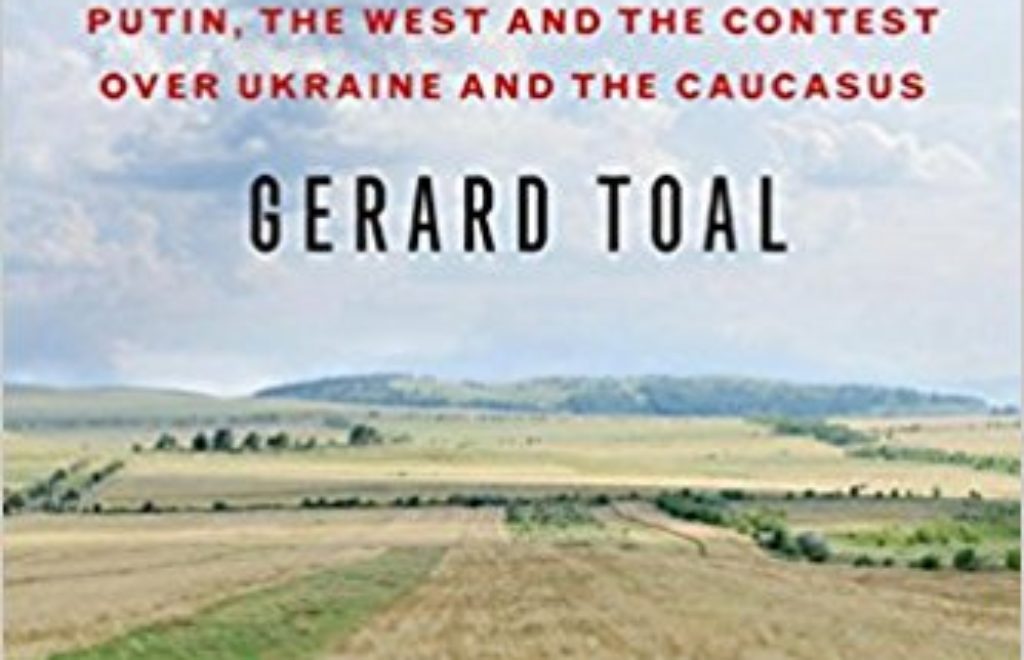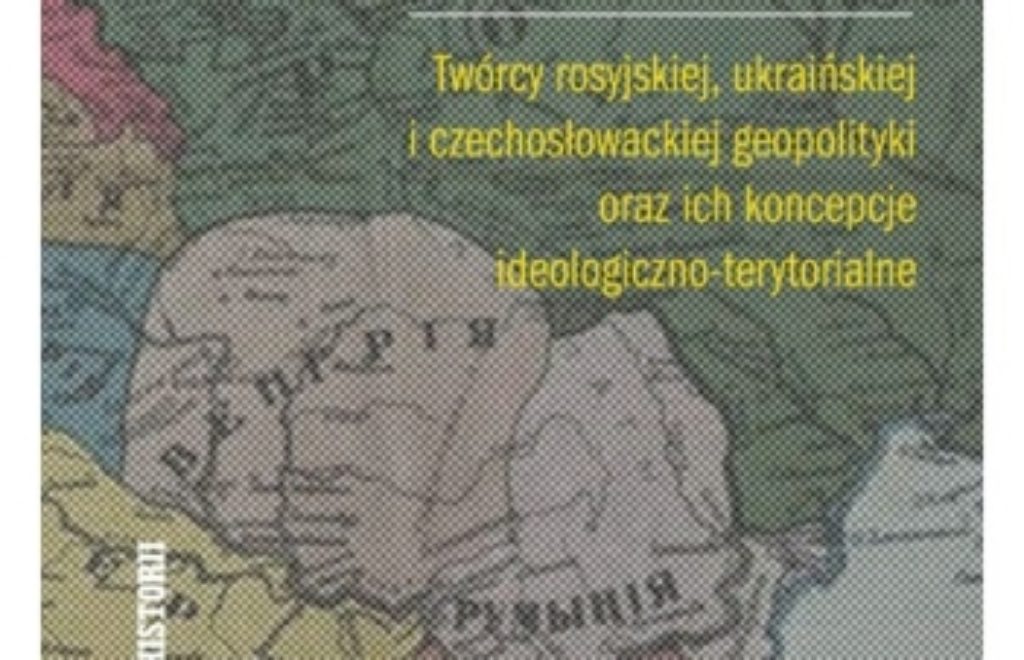Illustrated chronicles of the forgotten and furious in Putin’s Russia
What happens when graphic journalism meets human rights activism in contemporary Russia? Other Russias, a newly published book by Victoria Lomasko, is one result of this prolific encounter: a powerful reportage casting light on some of Russia’s most serious social injustices. In Other Russias, Lomasko condensates eight years of research and travel, giving birth to more than 300 pages of drawings produced from life, rather than reproduced from photographs, and writings collected between 2008 and 2016.
January 2, 2018 - Laura Luciani


